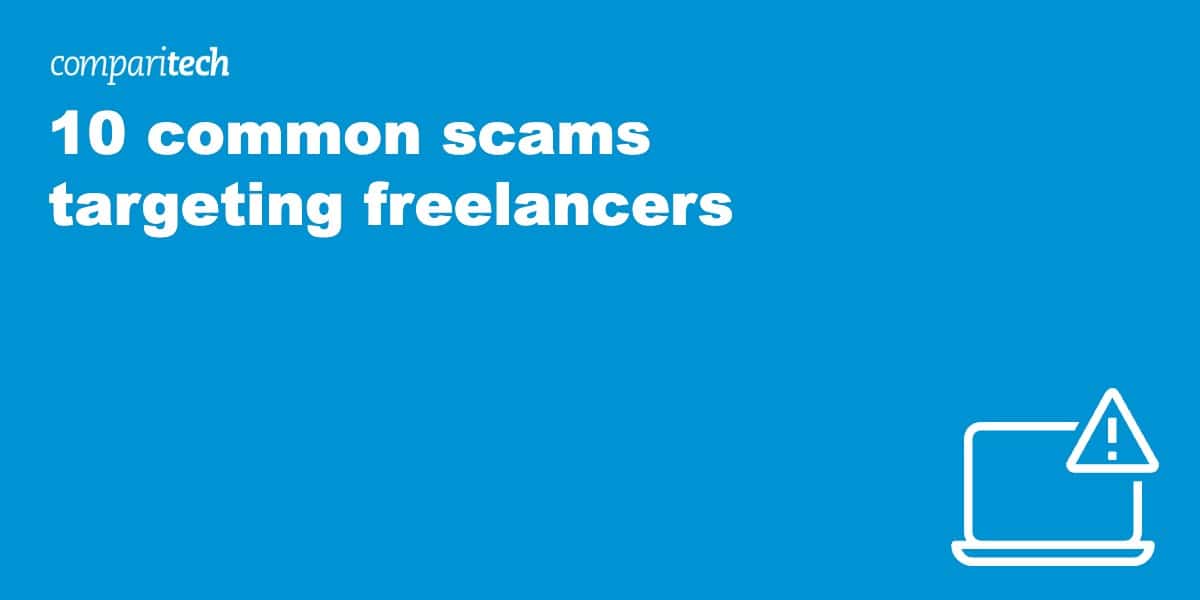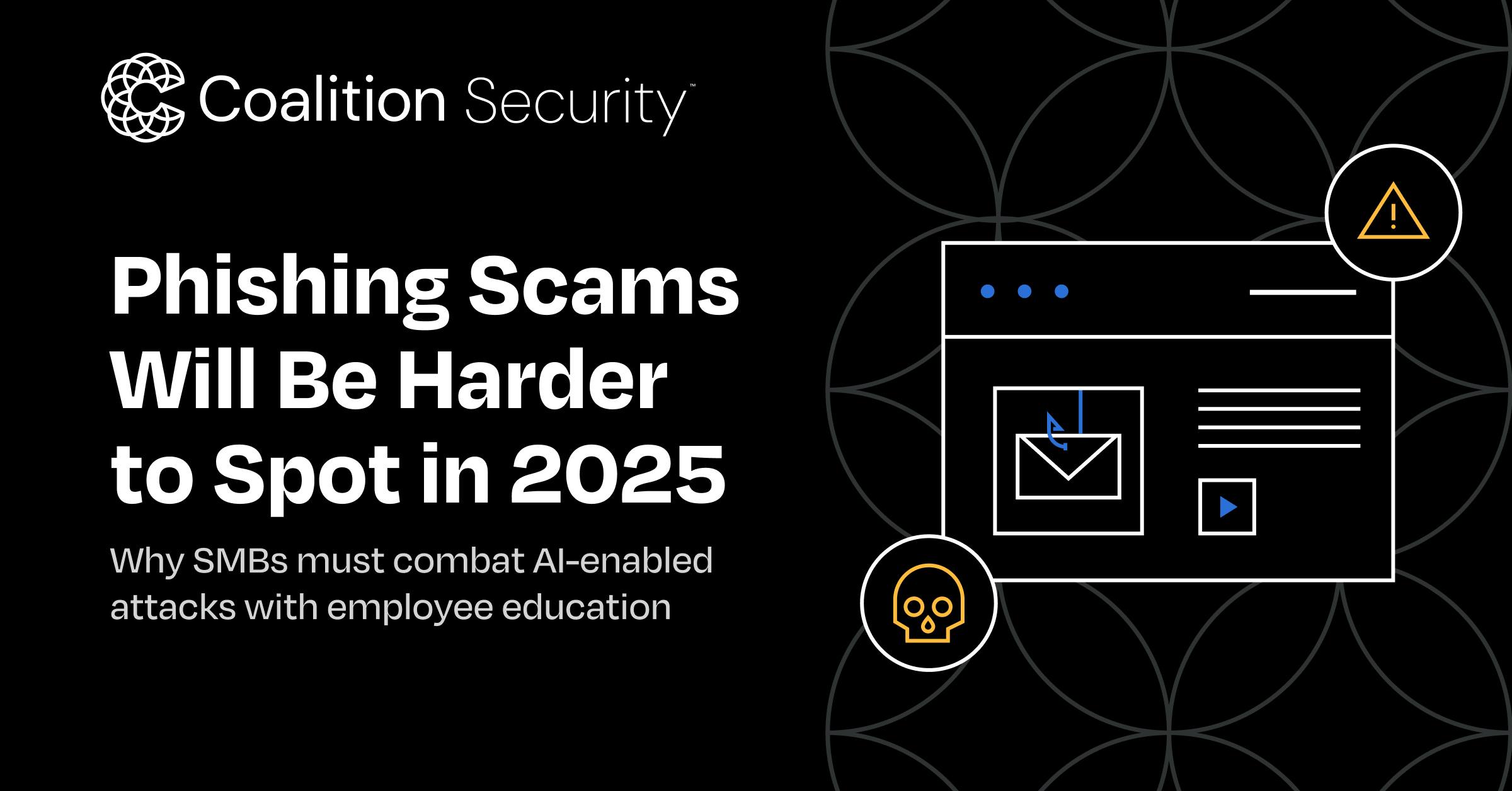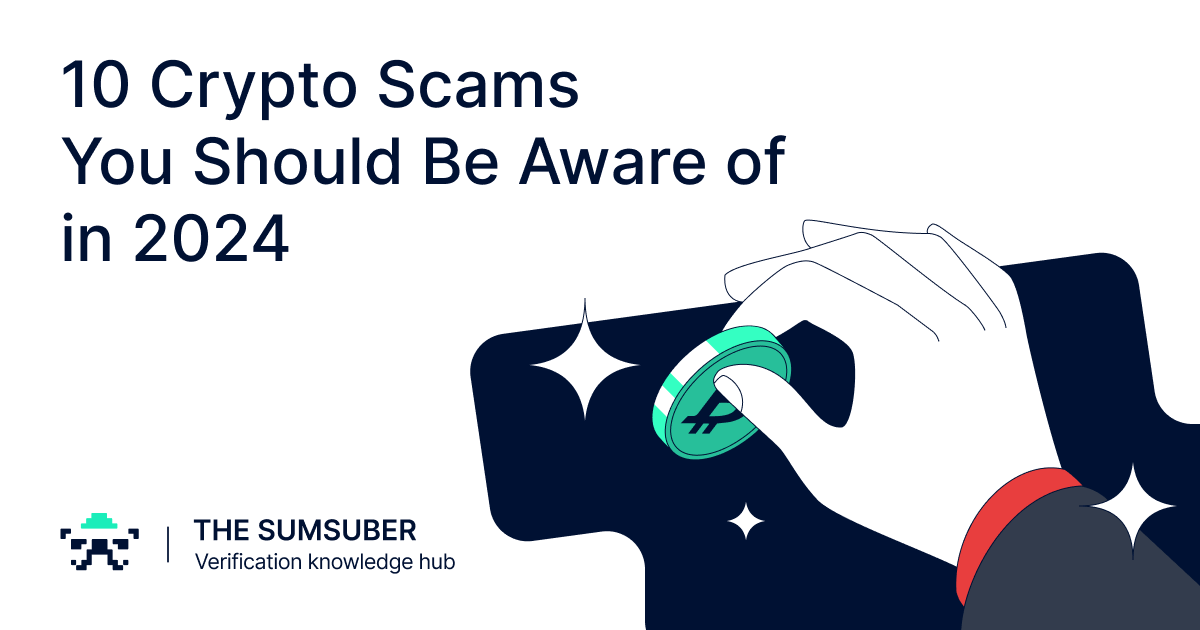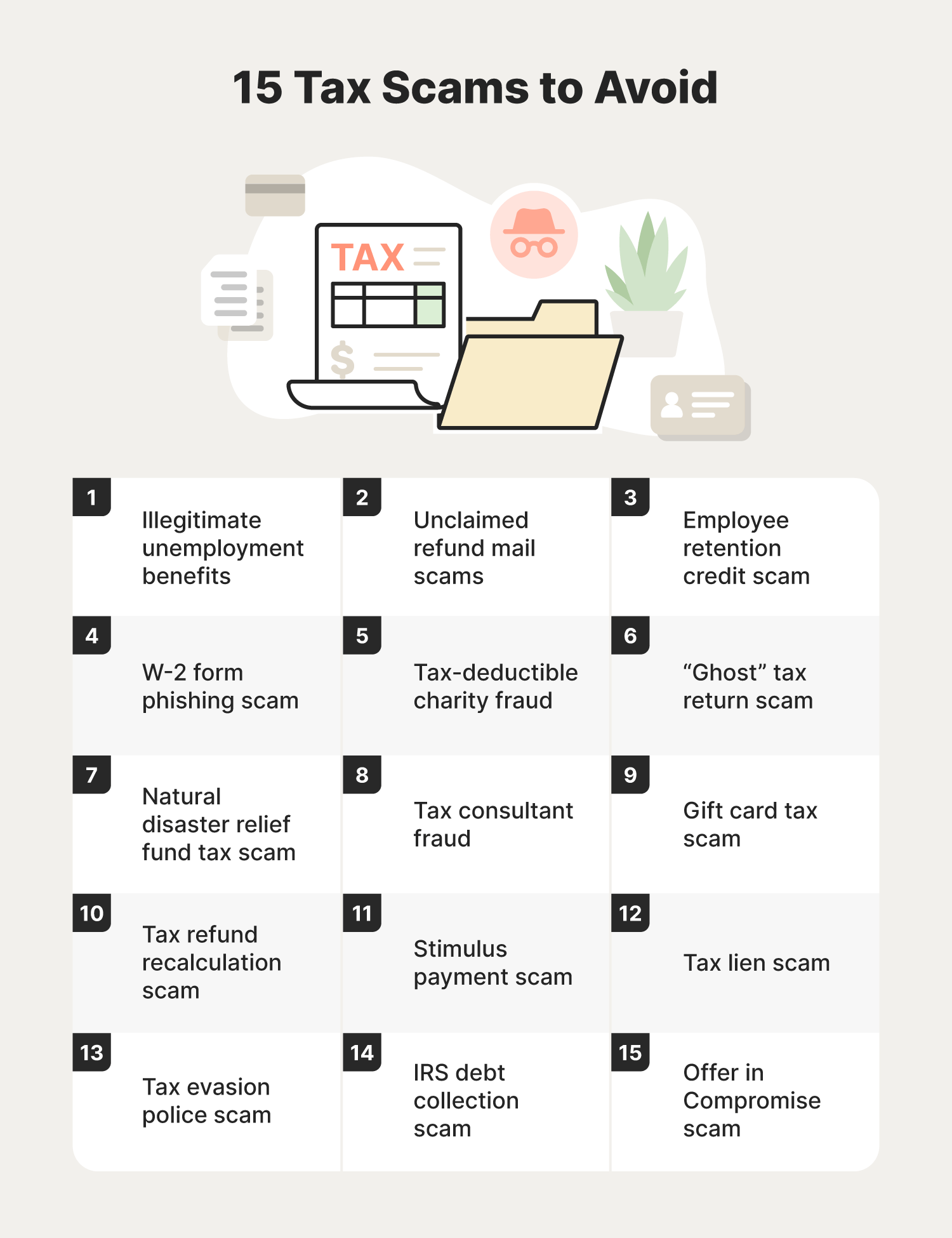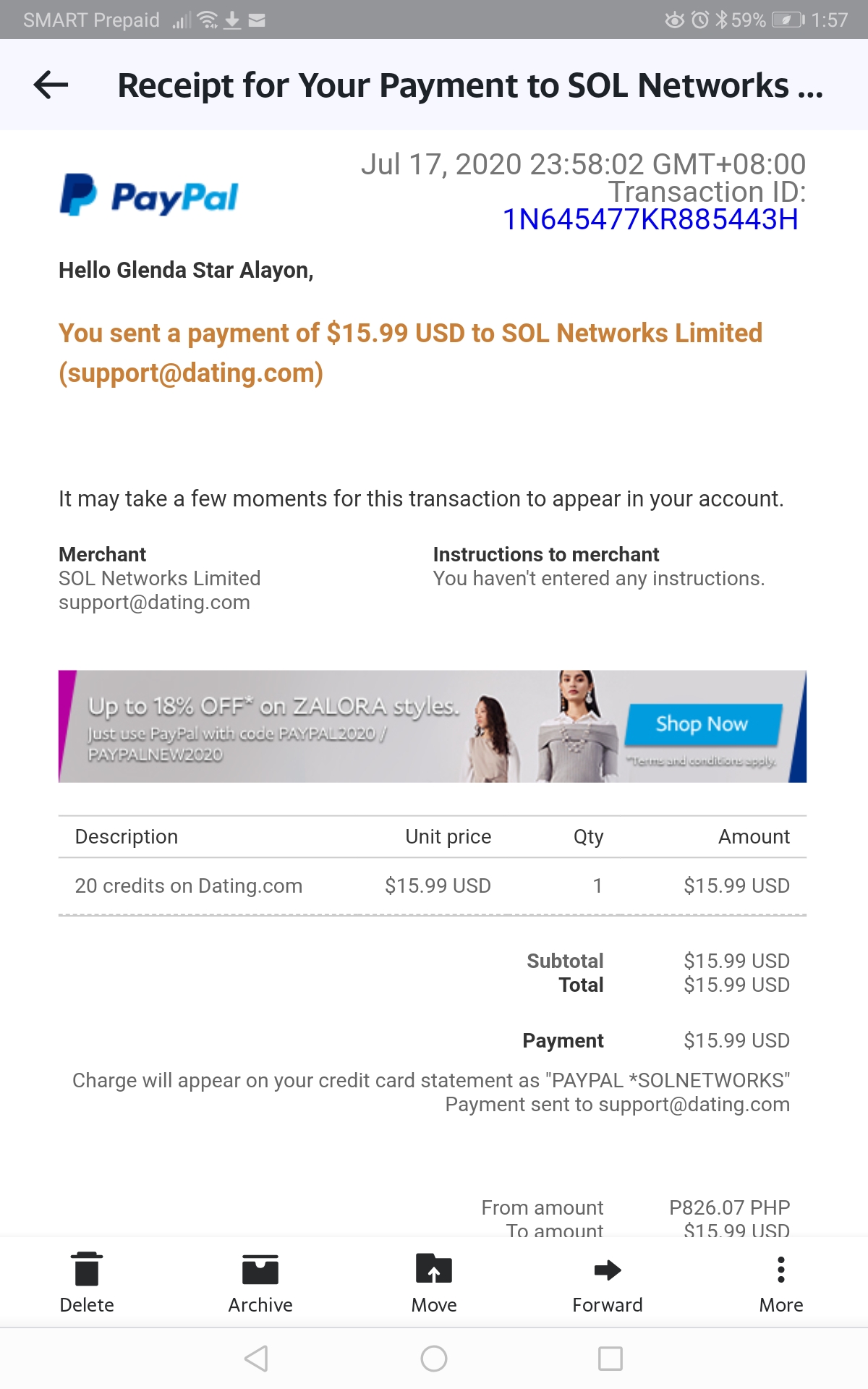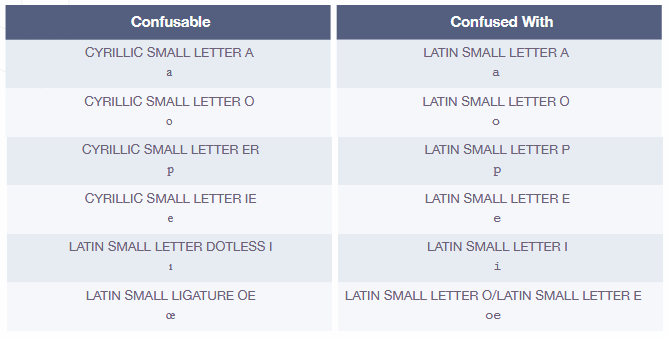Common Online Scams Targeting Freelancers in 2024 [Updated]
In 2024, freelancers face an increasing number of online scams. From fake job postings to payment frauds, these deceptive schemes are evolving. Freelancers need to distinguish “Is this legit” from the countless opportunities online. The rise in scams targeting freelancers is a significant concern, impacting their financial stability and professional reputation. It’s vital for freelancers to stay informed and cautious. Awareness and knowledge are key defenses against these prevalent scams. Explore ways to protect yourself and your work. Check out 7 Ways to Earn Money Online in 2024 for safe earning methods.
Understanding Online Scams
In the chaotic online world, scams have become increasingly sophisticated and damaging, especially for freelancers. With their reliance on online platforms for work, freelancers are prime targets. Understanding these scams is crucial in safeguarding your finances and reputation. But what are these scams, and how do they operate?
Types of Online Scams
Freelancers often face various types of scams. Knowing these can help spot red flags early:
- Fake Job Listings: Scammers post phony job opportunities on platforms like Upwork or Freelancer, deceiving freelancers into wasting time or divulging personal information. You can explore more about spotting such scams here.
- Payment Fraud: Often, clients may vanish after work completion or issue fake payments. Some scams involve overpayment, where the scammer asks for a refund after sending a payment that’s never intended to clear.
- Phishing Schemes: Scammers trick freelancers into giving away sensitive information like bank details through fake emails or websites. Learn about similar tactics in this article.
- Identity Theft: Fraudsters pose as clients to gain access to freelancers’ personal information and commit fraud.
These scams not only cost freelancers money but also harm their professional reputation. It’s important to ask yourself, Is this legit when you encounter suspicious activities.
Statistics on Freelancer Scams
The prevalence of scams targeting freelancers is alarming. According to recent data, nearly 47% of global workers are freelancers, making them prime targets. Upwork, a leading freelance platform, has seen a surge in fake job postings, impacting both new and experienced freelancers. For example, discussions around Upwork’s scam issues highlight how common job scams have grown.
In 2024, reports estimate that a significant portion of freelancers experienced some form of scam or fraudulent activity. Understanding these statistics can help raise awareness and prompt preventative measures among freelancers.
Staying informed and cautious is essential to navigating the world of online freelancing safely and successfully.
Common Scams Targeting Freelancers
In the fast-paced world of freelancing, being aware of scams is crucial. With the increasing reliance on digital platforms, scammers have honed their tactics to exploit vulnerable freelancers. Let’s explore some common scams that can easily trap the unwary.
Fake Job Listings
Scammers often create bogus job postings to trick freelancers into applying. These opportunities appear promising and are usually found on popular platforms like Upwork or Freelancer. However, the aim is to harvest personal information or charge for fake application processes.
Here’s what to watch out for:
- Non-existent Companies: Verify the company’s online presence. A simple web search can reveal legitimacy.
- Too-Good-To-Be-True Offers: If a job promises unrealistic returns, it’s probably a trap.
- Upfront Fees: Legitimate jobs don’t require fees to apply or participate.
For more insights, explore how to spot these fake listings.
Overpayment Scams
An overpayment scam involves a client sending a check that exceeds the agreed payment. The fraudster asks the freelancer to return the surplus. Later, the check bounces, leaving the freelancer out of pocket.
Key signs of overpayment scams:
- Rush Payment Requests: Scammers pressure you to return the excess money quickly.
- Unverified Payment Methods: Stick to secure payment platforms to avoid fake checks.
- Client Unavailability: Genuine clients are reachable and communicative.
Learn more about these tactics and how you can protect yourself by visiting this resource.
Phishing Scams
Freelancers are often targeted with phishing emails that mimic legitimate companies. These messages are designed to steal sensitive information by tricking you into clicking malicious links or attachments.
Here’s how to spot phishing scams:
- Suspicious URLs: Double-check email addresses and URLs. Look out for slight domain changes.
- Urgent Demands: Fraudsters create panic to prompt rash decisions.
- Generic Greetings: Legitimate companies usually address you by name.
To delve deeper into phishing schemes, the article on how phishing attacks work might prove valuable.
Understanding these scams equips you with the knowledge to ask, “Is this legit?” before engaging with potential clients. Being vigilant and informed is your best defense in the complex freelance landscape of 2024.
How to Identify Legitimate Opportunities
Navigating the freelancing world in 2024 requires a keen eye and a healthy dose of skepticism. Scammers are relentless, and freelancers must be vigilant. Here’s how to discern genuine opportunities from scams.
Researching Job Offers
When evaluating potential clients, thorough research is your first line of defense. A few simple steps can save you from falling into a scam trap.
- Verify Company Credibility: Search for the company’s website and social media profiles. A legitimate business will have a consistent online presence. If you can’t find much about them, that’s a red flag. You can check out more tips on spotting job scams from Aura.
- Consult Freelance Platforms: Use platforms like Upwork and Freelancer that have built-in verification processes. They reduce the risk of scams by vetting clients before they can post job listings.
- Reach Out to Past Freelancers: If possible, contact freelancers who have previously worked with the client. Their insights can be invaluable. For more detailed advice on avoiding scams on freelance platforms, visit this FlexJobs article.
Red Flags to Look For
Identifying warning signs early can be the difference between a profitable job and a costly scam. Here are some red flags to be aware of:
- Requests for Personal Information: If an employer asks for sensitive information, like a Social Security number or bank details, it’s likely a scam. Always safeguard your personal data. For a deeper dive into identifying job scams, consider 20+ Early Warning Signs That All Point to a Job Scam.
- Unrealistic Job Offers: Offers that promise high pay for little work often come with strings attached. If it sounds too good to be true, it probably is. This guide on Reddit offers some great community-sourced tips on spotting scams.
- Poor Communication: Be wary of clients who are hard to reach, use unprofessional language, or communicate from personal email addresses. Companies will usually email from their official domain.
By arming yourself with knowledge and performing due diligence, you can navigate the freelance market safely. These strategies not only protect your finances but also your reputation in the freelance community.
Protecting Yourself Online
In the online freelancing world, scams are like hidden traps. They lurk in job offers and payment methods. Staying safe requires vigilance. Let’s explore tactics freelancers can use to protect themselves in 2024.
Using Secure Payment Methods
The thrill of landing a gig can cloud judgment. But protecting your earnings is crucial. Use secure payment methods to deter scams. Here’s how:
- Reputable Platforms: Use trusted sites like PayPal or TransferWise. They offer buyer protection. A guide on safe payments can help you make informed choices.
- Escrow Services: Some platforms offer escrow. Funds are released once both parties are satisfied. This reduces the risk of non-payment.
- Invoices and Contracts: Always issue an invoice. Detailed contracts outline terms and protect you legally.
These steps keep you ahead of scammers and ensure payments are legitimate.
Updating Security Practices
Freelancers must stay vigilant. Regularly updating security practices maintains your defense against scams. Consider these strategies:
- Strong Passwords: Use a mix of letters, numbers, and symbols. Changing them monthly reduces risks. Learn more about creating secure accounts here.
- Two-Factor Authentication (2FA): Add a layer of security. 2FA requires a second form of verification, like a text code, to log in.
- Software Updates: Keep your devices updated. This guards against vulnerabilities.
Adopting these measures solidifies your virtual armor and ensures your freelancing business remains secure.
By making these strategies a habit, you’re not just reacting to risks; you’re staying a step ahead. And in the world of freelancing, that mindset is key to asking, “Is this legit?” before taking any opportunity.
Resources for Freelancers
Navigating the freelance world can be daunting, especially with the shadow of scams lurking. However, the right resources can safeguard your journey. Let’s explore essential websites and community support groups designed to empower freelancers and help them steer clear of potential scams.
Useful Websites
Finding legitimate freelance work requires caution and knowledge. Thankfully, there are websites dedicated to guiding freelancers through the maze of opportunities while avoiding scams.
- Freelancers Union: This site offers a wealth of resources for freelancers, including tools, discounts, and tips for managing your business and finances. It’s a reliable ally in your freelancing journey.
- The Muse: This resource hub is perfect for full-time freelancers. It covers everything from finding work to business management, ensuring you can ask confidently, “Is this legit?”
- School for Freelancers: They provide a comprehensive list of freelance resources including eBooks, newsletters, and rate calculators. It’s a one-stop-shop for all the tools you need.
When seeking work or advice, sticking to reputable sites is crucial. Verify each opportunity and ask yourself, “Is this legit?” before proceeding.
Community Support Groups
Sharing experiences with other freelancers can be invaluable. Community groups provide a platform for exchanging tips, warnings, and encouragement, effectively strengthening your defenses against scams.
- Online Forums: Platforms like Reddit and specialized forums allow freelancers to share their experiences. Engage in discussions to keep informed about the latest scam tactics and safety strategies.
- Social Media Groups: Join Facebook or LinkedIn groups where freelancers discuss their experiences. These groups are goldmines for learning and sharing valuable insights.
- Local Meetups: Consider joining local freelance meetups. These gatherings foster connections and provide firsthand experiences from fellow freelancers.
Connecting with a community not only provides support but also sharpens your ability to discern legitimate from fraudulent opportunities. Embrace these groups, and fortify your freelance career with shared knowledge and vigilance.
The Importance of Staying Informed
Freelancers face an ever-changing landscape of challenges. Avoiding scams requires vigilance and understanding. Awareness is your greatest ally in this fight. Let’s explore key points that highlight why staying informed is crucial for freelancers in 2024.
Recognizing Patterns
Scam tactics often share common characteristics. Learning these patterns can help freelancers identify scams quickly. Fake job postings, overpayment schemes, and phishing emails are prevalent tactics. Recognizing these early will minimize risk. Each type of scam has unique warning signs, but many show red flags such as unrealistic offers or requests for sensitive information. You can explore more common freelancer scams for deeper understanding.
Staying Vigilant
In the freelancer’s world, sharp instincts are invaluable. Consistently question, “Is this legit?” with every opportunity. This mantra keeps you alert to possible scams. Use trusted websites for research and always double-check job listings and client credentials. Due diligence helps separate genuine offers from scams.
Utilizing Resources
Knowledge is power. Equip yourself with tools and platforms designed to protect freelancers. Websites like Freelancers Union offer essential resources for navigating freelancing safely. Community forums and groups provide collective insights and shared experiences, acting as an additional layer of protection against fraud.
Leveraging Technology
Security technology can prevent scams. Always use secure payment platforms and enable two-factor authentication where possible. Regularly updating your software and maintaining strong passwords helps protect against unauthorized access. These steps enhance your defenses against potential threats.
By maintaining awareness and using available resources, freelancers can significantly reduce the risk of falling victim to scams. Stay informed, cautious, and always ask, “Is this legit?” This approach not only safeguards your work but also builds a trustworthy freelance career that can thrive in 2024 and beyond. For further reading, check out how to avoid scams aimed at freelancers.
